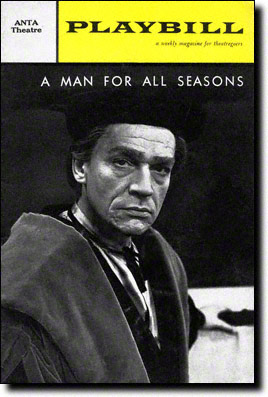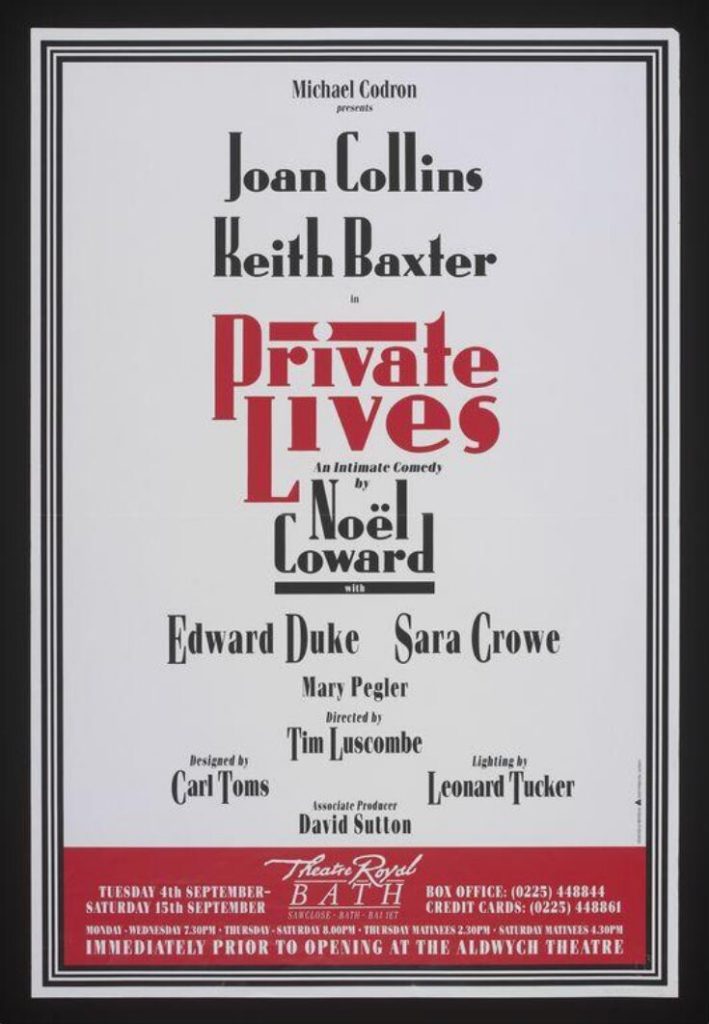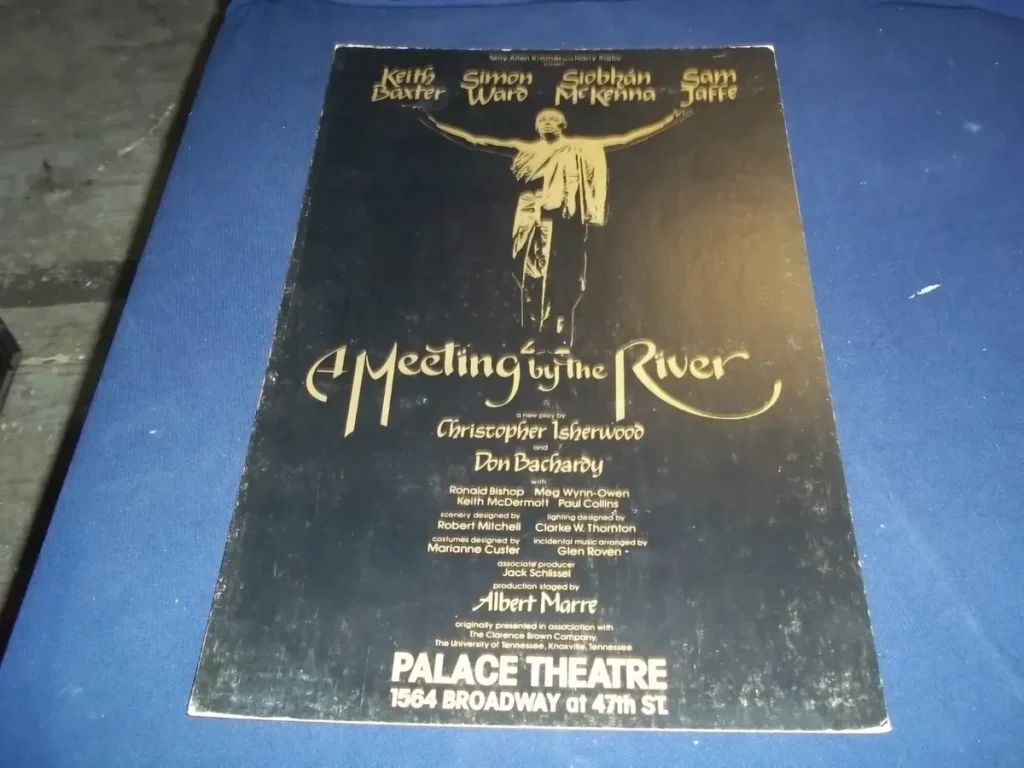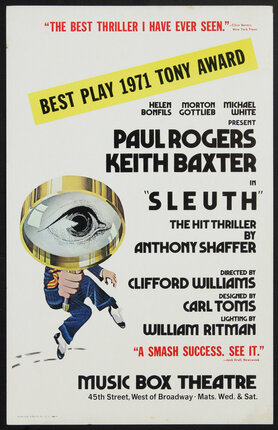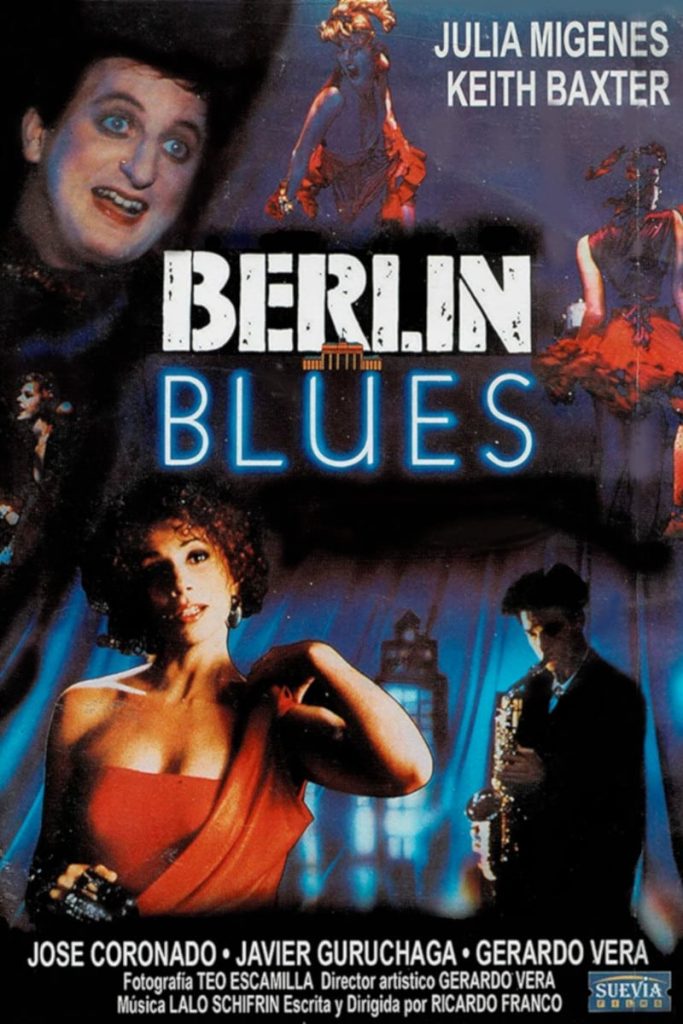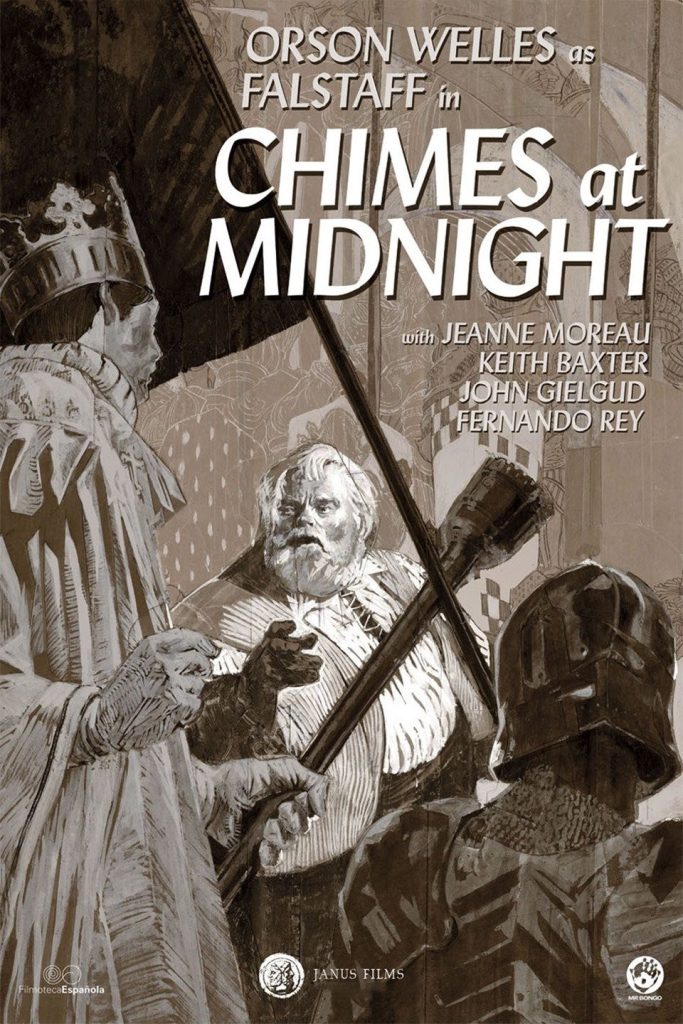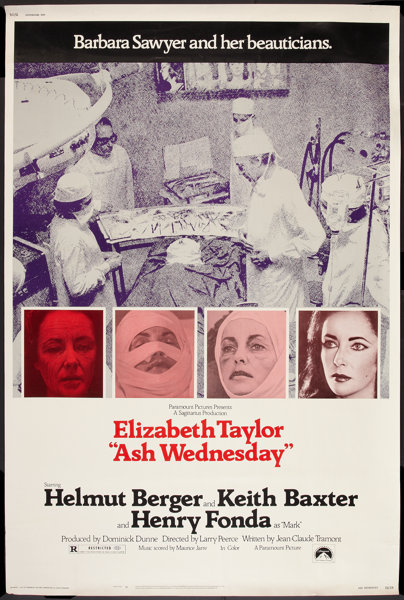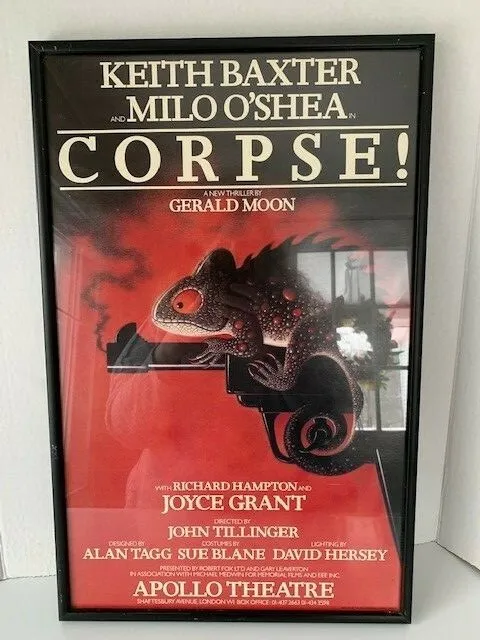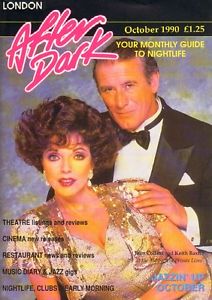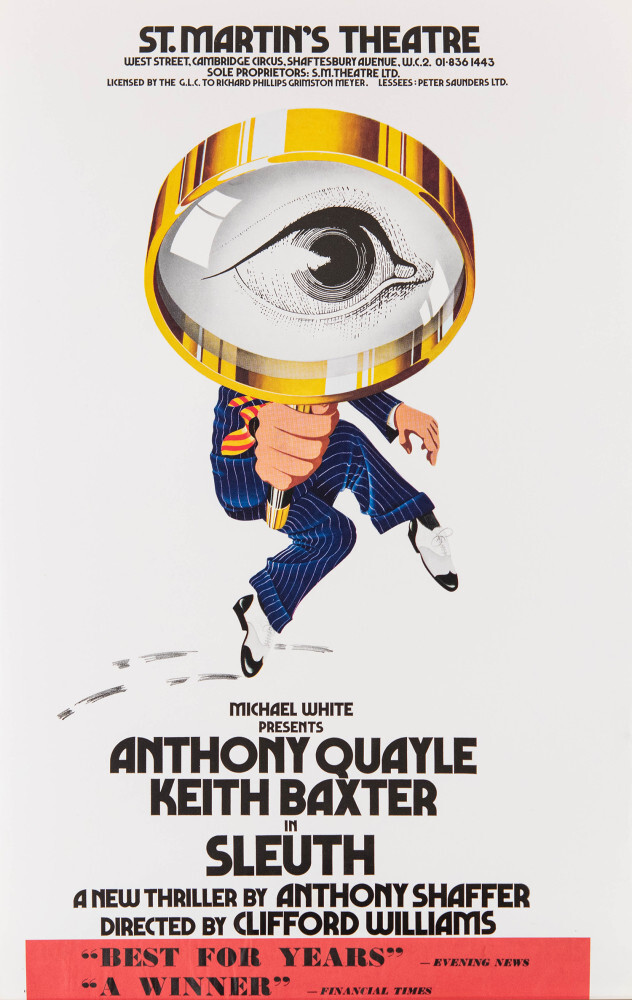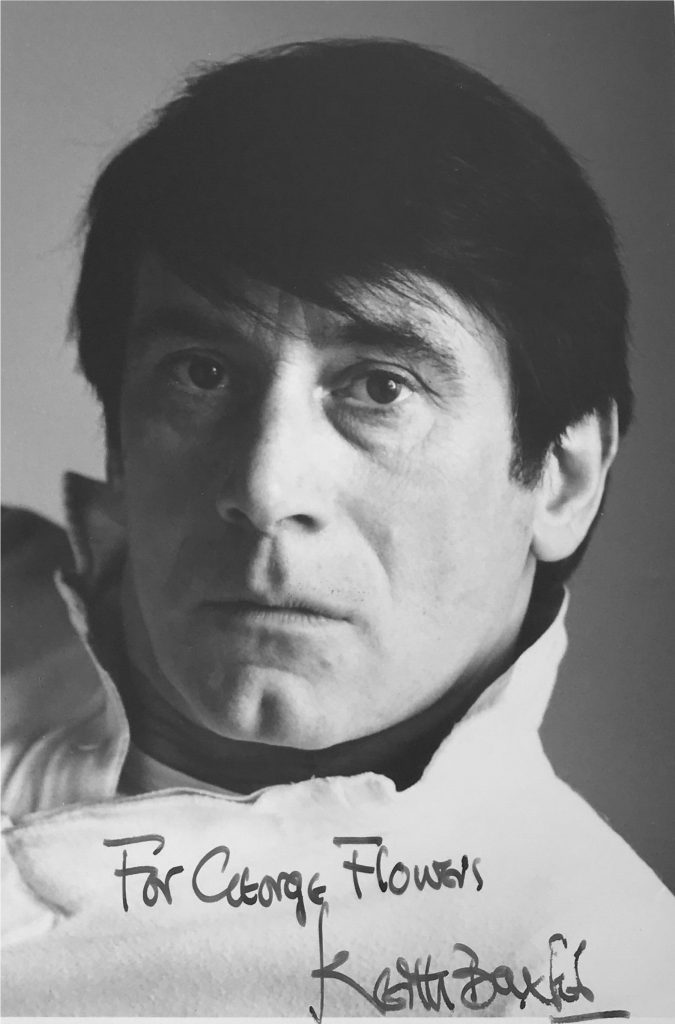


Keith Baxter. Wikipedia.
Keith Baxter was born in Newport, Wales in 1933. He has had an illustrious stage career. His films include “The Barretts of Wimploe Street” in 1957 with Jennifer Jones and Bill Travers, “Chimes at Midnight” with Orson Welles in 1965 and “Ash Wednesday” with Elizabeth Taylor in 1973.
His IMDB entry:
Keith Baxter was born on April 29, 1933 in Newport, Monmouthshire, Wales as Keith Baxter-Wright. He is an actor, known for Merlin (1998), Berlín Blues (1988) and Falstaff – Chimes at Midnight (1965).
Was chosen to play the role of “Mark Antony” in the Rouben Mamoulian production ofElizabeth Taylor‘s Cleopatra (1963), and some minutes of him on film still exist.
Baxter was interviewed for Cleopatra: The Film That Changed Hollywood (2001).
When Taylor finally recovered from pneumonia and they moved the production to Italy (they had built a fake Alexandria harbor outside of London!), Baxter had other commitments.
An Associate Member of RADA.
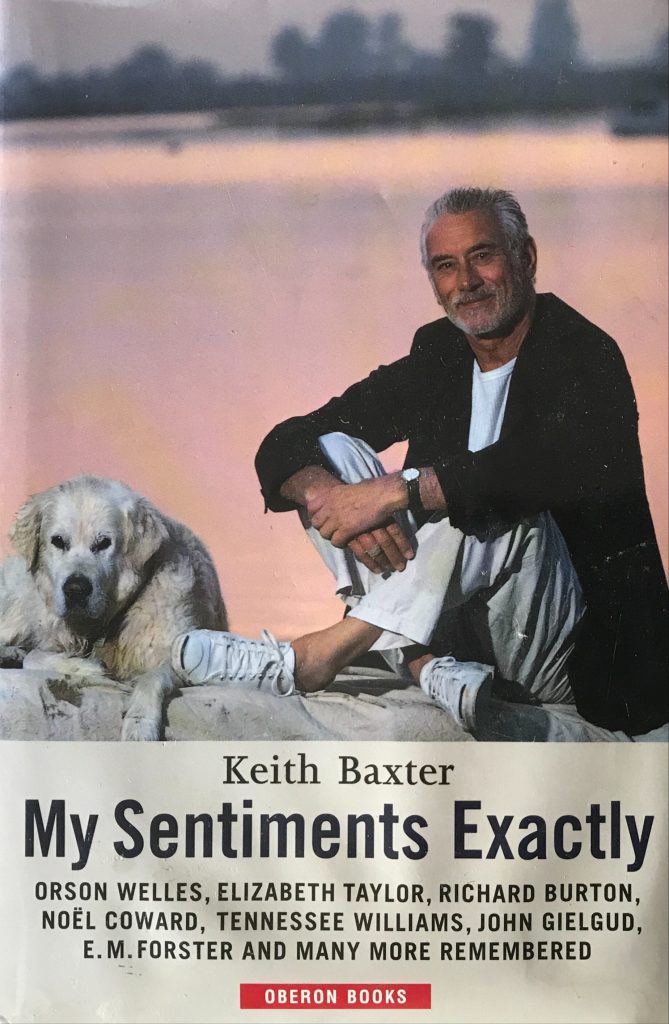
The Telegraph obituary in 2023:
Keith Baxter, who has died aged 90, was regarded by theatre colleagues as one of the most underrated actors, directors and dramatists of his generation; he worked for more than 60 years, primarily on stage with the occasional roles in feature films and on television.
He was also an outstanding writer, contributing book reviews and features to The Daily Telegraph and publishing a rollicking book of memoirs, My Sentiments Exactly (1998), with a cast of characters – Coward, Gielgud, Olivier, Tennessee Williams, “Binkie” Beaumont, Orson Welles – that reads like a Who’s Who of 20th century theatre.
It was Welles who provided the springboard for Baxter’s career when he cast the classically handsome 26-year-old actor as Prince Hal in Chimes at Midnight, Welles’s version of Shakespeare’s King Henry IV histories which brought the comic figure of Falstaff (played by Welles) to the fore. As a film (1965) it has come to be seen as a masterpiece. But it began as a stage play, which opened in Belfast in the spring of 1960.
The production, Baxter recalled, was shambolic. The earl leading the procession to Hal’s coronation as Henry V “got drunk on the boat train before it left King’s Cross and never sobered up”; Henry IV was played by Reggie Jarman, who was profoundly deaf and mostly lip-read his cues. During dress rehearsal, “Reggie’s massive deaf-aid (held in place by a large square of Elastoplast) thudded to the ground in the middle of the Battle of Shrewsbury.”
Hotspur was played by Alexis Kanner, a muscular Canadian who could not understand why he had to lose the duel with Prince Hal and suggested all sorts of wheezes, including Hal stabbing him in the back, to avoid such a humiliation: “At the dress rehearsal, as I came lumbering on for the fight encased in armour from head to toe, Kanner’s voice rang out behind me: ‘If I mistake not thou art Harry Monmouth!’ Falstaff and I turned to face him. Kenner had stripped off all his armour and unbuttoned his shirt to the navel. He looked like the boy in Tiananmen Square with his shopping bag facing the tanks.
“Welles looked at him, darkening with temper. ‘I’ve got to show why I lose, if I’m the greatest,’ Kanner faltered. ‘What choice do I have?’ ‘A very clear choice,’ said Orson. ‘Back to the wardrobe or back to Canada.’”
Yet notices were excellent and the production moved to Dublin where, after one performance, Baxter was having a shower when he was called to Welles’s dressing room to meet Laurence Olivier. “What impressed Olivier the most was that I had fallen 12 feet into the orchestra pit when Hotspur had improvised a new move in the duel… Was I marked from my fall? He made a little moue of disappointment when he saw only a nasty bruise. Did I have nothing else? I told him I had slept on the floor of Gary Raymond’s flat in Brixton and a spring had burst through the mattress and slashed my left buttock, leaving a scar. Olivier moved to inspect it and Orson laughed: ‘Remember Larry! You’re a married man!’”
Thus launched, Baxter went to Broadway to play Henry VIII in A Man for All Seasons to Paul Scofield’s Sir Thomas More, for which he won a Theatre World Award in 1962. Then in 1964, while he was playing in EM Forster’s Where Angels Fear to Tread in London, a telegram arrived from Spain: “Dearest Keith Have Gielgud as the King Margaret Rutherford as Mistress Quickly Jeanne Moreau as Doll Tearsheet Ralph Richardson as Narrator Stop I am playing Falstaff Stop Please come Love Orson”.
Welles had befriended Spanish film producers who were uninterested in Shakespeare but wanted him to make Treasure Island. He had agreed on condition that he could make Chimes at Midnight at the same time. He had no intention of making Treasure Island, but a budget of $800,000 was agreed and Welles got away with the deception by building sets that could be used in either film and casting each actor in both.
In Madrid Baxter was introduced to the producers: “One said ‘Señor Baxter, Doctor Livesey!’, and I didn’t really know what that meant, but Orson said ‘we’re going to have lunch!’ … I said ‘what was that about Doctor Livesey?’ he said ‘Well, I’ve agreed what they want me to do, and I’ve agreed that I’m going to play Long John Silver in a technicolor version of Treasure Island, and you’re going to play Doctor Livesey.’ I said ‘Really? What’s Sir John Gielgud going to play?’ ‘Oh, he’s going to play Squire Trelawney, but he doesn’t know’. I said ‘are you going to tell him?’ ‘I don’t think so…’”
Next day they drove to Alicante to a large ship which had been used in the 1962 film of Billy Budd: “There were the producers, and champagne, and a lot of laughter – ‘bravo Orson!’ – and Orson said ‘are we ready?’ and somebody said ‘yes!’, and he said ‘action!’ and the mainsail dropped on the boat, and somebody said ‘cast off aft!’ and Orson said ‘cut!’ and everybody drank some champagne, and he said ‘lets clear off now, we can go’. I never saw a shot of Treasure Island ever again after that.”
Welles announced that the cast would wear what he called “undress armour” : “A boy brought in a wicker basket labelled Samuel Bronson Studios. So I stripped down to my underpants, and this is what I wore [in the film]: a pair of knitted chainmail trousers and a T-shirt, and over that I wore a jerkin thatCharlton Heston had worn in El Cid, and on top of that I wore a very, very nice yellow suede waistcoat which had been worn by Jayne Mansfield in The Sheriff of Fractured Jaw.”
Earlier Baxter had been dispatched to meet Gielgud and his temperamental Hungarian partner Martin Hensler at the airport and was sent to fetch him from their hotel: “Martin said “it’s terrible here! The electricity, she don’t work! The elevator, she don’t work! We have to carry our luggage! I want to go home!’ and John said ‘Oh Keith, you look rather fancy. What am I wearing? Is the armour wonderful?’ And I said ‘well, Orson’s got this wonderful idea, John…’
A “dour Scots boy” brought in “a big sheet with a knot in it, and he opened it and he said ‘there, choose what you want’.” Gielgud plucked out a pair of scrunched-up tights: “He held them there and he said ‘ooh… shall I get crabs, do you think?’ .. He went to his bedroom, door open,.. he said ‘oh it is such fun dressing up! I do love being an actor!’
“Then he came out and he’d found a pair of boots, he’d found a nice jerkin, he said ‘oh, perhaps I can have a great brooch?’ I said ‘I don’t know if there are any large brooches around,’ and he said ‘well I can have the crown,’ I said ‘the crown hasn’t arrived from England yet,’ he said ‘oh well, we’ll just have to do our best… I know all my lines,’ and then mercifully somebody said ‘Mr Welles is waiting for you!’”
The film was dogged by problems and had to be put on hold midway when Welles ran out of money (he was eventually bailed out by Harry Saltzman). Baxter recalled that Welles lived in dread of the taxman, and suspected every American who turned up out of the blue to be an agent of the IRS. He also suffered from stage fright and delayed most of his scenes until the end of filming. The soundtrack was post-dubbed months later, he, Welles and Michael Aldridge recording voices for several characters in post-production.
“It was a miracle of sorts that the film was made,” reflected Paul Bailey in The Daily Telegraph, “and doubly miraculous that it is, unquestionably, the finest Shakespearean movie of them all.”
Until Welles left Europe in 1977 for America, Baxter recalled, “the Welles family meant as much to me as my own”, and in his subsequent career Welles remained for Baxter, as Peter Bogdanovich put it in his biography of Welles, “a kind of artistic conscience”.
In 1998 Baxter returned to Chimes at Midnight at Chichester Festival Theatre, this time as Henry IV, with Simon Callow as Falstaff and Tam Williams as Hal. Writing in the Daily Telegraph, Charles Spencer described Baxter’s king, “ill, guilt-ridden, coldly arrogant yet deeply desirous of affection from his son” as “an intense, commanding performance”.
Baxter came to be regarded as a consummate theatre man. On Broadway he was best known for his award-winning 1970 performance (Drama Desk and Outer Critics) in Anthony Shaffer’s Sleuth as Milo Tindle, playing out a deadly game of cat and mouse with Anthony Quayle’s (and later Paul Rogers’s) Andrew Wyke.
In London, Baxter performed opposite Maggie Smith in The Country Wife, and was Mark Antony to her Cleopatra at the Stratford Festival in Canada in 1976. In 1991 he and Joan Collins were the divorced couple who meet by accident while on their honeymoons with new spouses in Coward’s Private Lives. Film gigs included the forgettable Ash Wednesday (1973) with Elizabeth Taylor (Baxter recalled Richard Burton grumpily hanging around the set and verbally abusing his wife. The pair divorced for the first time the following year).
Baxter never made any bones about being gay, though he regarded his sexuality as “not something that one needs to proclaim. I mean, one supports the right issues, of course.” But, as he told an interviewer, “My generation of actors became actors to become all the people we were not.”
Baxter was born Keith Stanley Baxter-Wright in Newport, Monmouthshire on April 29 1933 to Stanley Baxter-Wright, a Merchant Navy captain, and his wife Emily, née Howell, and educated at Newport High School then, after the family moved to Barry, Glamorgan, at Barry Grammar School.
As a boy, Baxter enjoyed making model theatres, and at school his talents were spotted by Teifion Phillips, an idiosyncratic history teacher, who propelled him towards Rada and, as his protégé’s stage career unfolded, was often present and critically discerning in the audience.
During his time at Rada, where he was a bronze medal winner, Baxter shared a flat with Alan Bates, a classmate. He made his theatre and screen debuts 1957 as Ralph in Tea and Sympathy at the Comedy Theatre, and in the remake of the film The Barretts of Wimpole Street.
Baxter became a stalwart of classical plays in the West End, Broadway and elsewhere by playwrights such as Congreve, Sheridan, Shaw, Chekhov – and especially Shakespeare. He was associated for many years with Chichester Festival Theatre, both as an actor and as a director, and regularly directed shows at the Shakespeare Theatre Company in Washington DC, where he appeared earlier this year in Hamlet playing the Ghost, the Player King and the Gravedigger.
His television work included appearances in Gideon’s Way, The Avengers, Hawaii Five-O, Thriller (1976) and the 1998 mini-series Merlin. He wrote several plays including 56 Duncan Terrace, Cavell and Barnaby and the Old Boys. Recently he had a reading of a new play he had written at the home of Joan Plowright, a lifelong friend who had played Edith Cavell in his play.
Baxter’s friendships were for life. Sheridan Morley thought that by Gielgud’s death, Baxter had become the theatrical knight’s closest friend, and at his 90th birthday party earlier this year Baxter was sitting between Dames Maggie Smith and Judi Dench, the latter a close and loving support to him.
In his memoir, Baxter gave a moving account of his close platonic friendship with the playwright Tennessee Williams, whom he had come to know in New York in 1970 when Williams was nursing the critical wounds received after a series of failed plays. In the mid-1970s Baxter directed and played the lead in the Vienna and London stage productions of Williams’s The Red Devil Battery Sign, one of a string of late career flops. The friendship deepened with visits to Williams’s home in Key West, Florida, though Williams never rediscovered the muse that had brought him fame in the 1940s and 1950s.


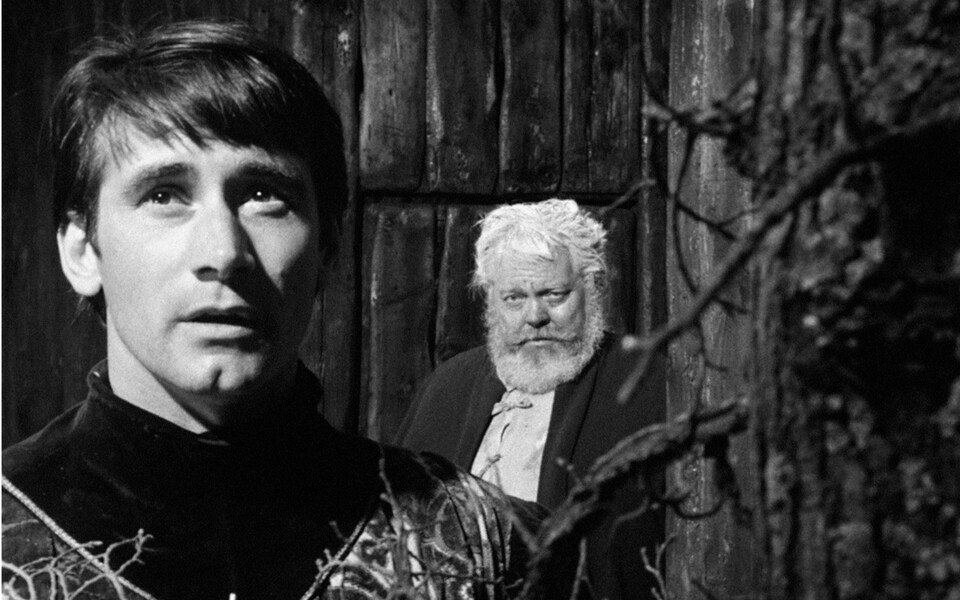
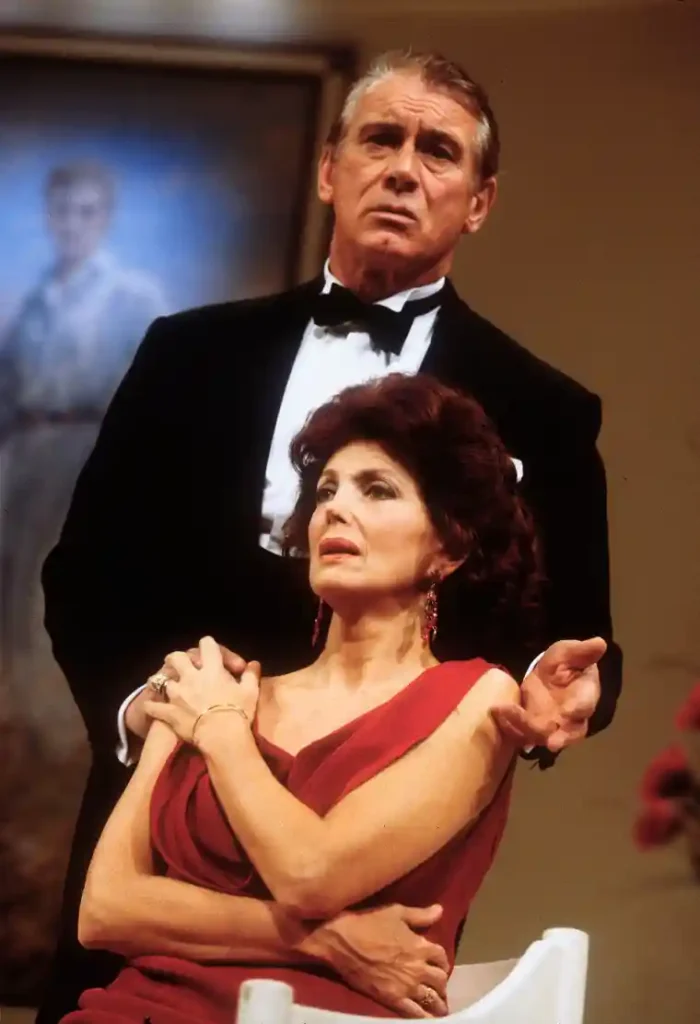
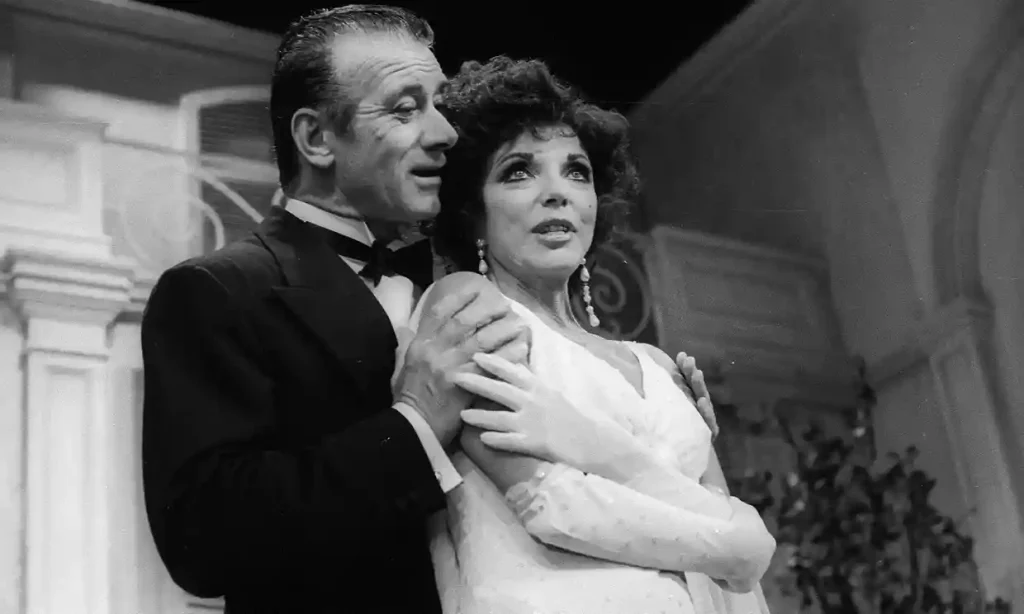

Other friends included King Charles – and Queen Camilla, whom he described as “humorous and modest” with an unshowy dignity. In a 2007 C4 documentary about the then Duchess of Cornwall, Baxter recalled her taking him and a group of Sandringham house guests for a late-night swim in the sea. “It was a balmy evening and there was a swirling mist. While we were in the water it suddenly cleared to reveal there were about 20 nudists on the beach. Nobody was particularly fazed but it was sweet to see one nude lady trying to curtsey…”
Baxter recalled how once, after Williams had stayed with him in London, his cleaning lady found a piece of paper covered with Williams’s scribblings in the bed he had slept in. Not sure whether they were important, Baxter called Williams to report the discovery. “What does it say?” Williams asked.
Baxter read him the fragment. “The clock ticks,” it began, “with a sound that is infinitely more gentle than any word that was spoken tonight. It reminds me not to fear the prison of present time. It will pass. I shall have escaped.”
“Oh, baby,” Williams said. “I do write such rubbish sometimes.”
In his entry in Debrett’s People of Today, Baxter gave his recreation as “The sea”. He lived near it, in the Chichester Harbour village of Bosham, sailed on it, often with his golden retriever, Charley, and was finally claimed by it after suffering a heart attack while swimming on holiday in Corsica.
Keith Baxter is survived by his husband Brian Holden.
Keith Baxter, born April 29 1933, died September 24 2023
